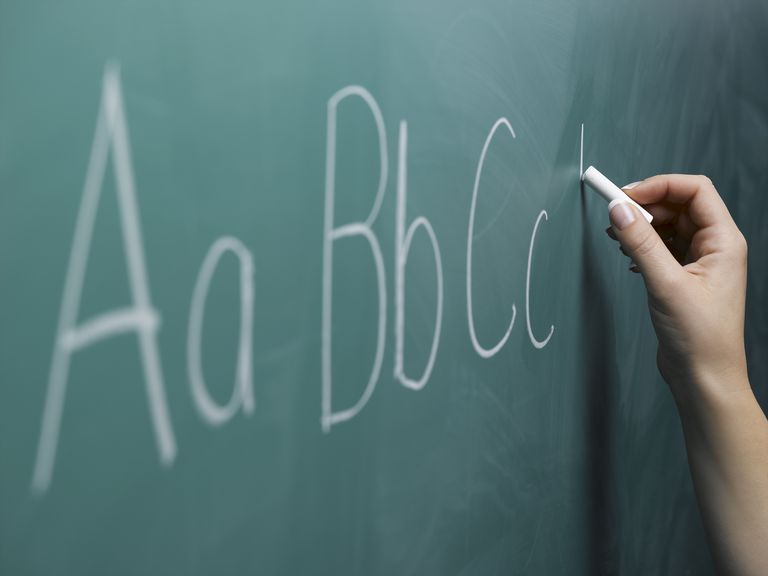

What Do We Right When We Write? – Literacy is one of the best gifts to the human race and, expectedly, it must serve crucial functions. My last piece appraised the quality of reading that goes on in Nigeria, and it dawned on me that a discussion on productive reading, which leaves out writing, is a partial one. After all, the quality of what we read is predicated on the quality of writing.
Writing is described as the process of using symbols (letters of the alphabet, punctuation and spaces) to communicate thoughts and ideas in a readable form. More importantly, writers in any field should be righters. To right, according to the Oxford Dictionary of English, is to restore to a normal or upright position.
Along these lines, any writer must have the intention to initiate one right move or right one wrong move. As a result, this piece will appraise different forms of writing in Nigerian society and the extent to which they can be adjudged to put things right.
Starting with conventional works of art which are poems, plays, and novels, to contemporary works of art such as movies and music, one wonders the extent to which these works x-ray society and interrogate social issues. Among the early Nigerian writers such as Achebe, Soyinka, and Clark, it was clear that these authors tried to correct the wrong impression created by the colonialists about African civilisation.
This was why Chinua Achebe wrote in “Morning Yet on Creation Day” thus: “I would be quite satisfied if my novels (especially those set in the past) did no more than teach my readers that their past, with all its imperfections, was not one long night of savagery from which the first Europeans acting on God’s behalf delivered them… Art is important but so is education of the kind I have in mind.” Notably, writing, in this era, moved from exposing the ills of the colonial masters to attacking tyrannical political leaders by exposing the sufferings of the poor masses. This was the trend even until the late 90’s with collections such as Remi Raji-Oyelade’s “A Harvest of Laughter”.
Sadly, the writers and artistes of this time tend to return us to the shackles from which the old ones liberated us. In his words, Otunne (2017) submits that “We are witnessing an era where premarital sex is no longer considered immoral, a period when long-held traditional values are dismantled by philosophies of individuals.” These are the strains which the Nigerian fiction writer is responding to currently.
Moving out of the world of literature to academia, publications have become a mere ritual for upward mobility. In Nigeria, publications have become the ultimate parameter for the promotion of academics. While this in itself is not a problem, the reality of the country in terms of a poor standard of living has made many scholars consider this publish-to-move syndrome as a ritual than a genuine intellectual exercise born out of a truly felt societal vacuum to be filled.
More disturbing is the fact that most intellectual outputs in the country are either not geared towards the development of the country, or the system does not make for the implementation of research findings. From students’ projects and dissertations to academics’ journal publications, one wonders about the direct ways the country benefits from the scholarship. Many students simply consider their final year projects a requisite for graduation and not an avenue to display intellectual ingenuity. Even among academics, the add-my-name-to-it culture reveals that the essence of publication is just to rise on the job. With books and journals lying useless on the shelf waiting for a promotion call, scholarship is not more than a score sheet in Nigeria.
The question, at this juncture, is: where do we go from here? For starters, there is a need for a complete overhaul of the educational system in Nigeria. Education should be foregrounded as a functional tool that must engender transformation in the country. As posited in Benjamin Bloom’s taxonomy of learning, synthesis and application are crucial to a functional education that will facilitate development in any country. Synthesis involves putting together elements and parts of the knowledge acquired in different subjects to form a whole, and application is the use of abstractions in particular and concrete situations.
The government, school administrators, parents and other stakeholders must, therefore, work in unison to ensure that learning is given a practical face in all disciplines including natural science and humanities. Instructively, literature classes in secondary schools should not only analyse texts to students, but also groom them to produce texts, just as public speaking courses should have spoken exams rather than written papers. Science subjects, on the other hand, should equip students to build and develop machines that will bring ease to the citizenry. Assuredly, it is not too late to get it right. We can begin to rewrite for the right reasons.
(c) 2023 Ganiu Abisoye Bamgbose writes from the Department of English, Lagos State University.
Stanbic IBTC Trustees, a subsidiary of Stanbic IBTC Holdings, has been recognised as the Most Customer-Focused…
Apple Inc is set to present a slimmer iPhone 17 Air model, marking a potential…
A six-year-old girl, Ella, fatally shot a 28-year-old American police officer last month after witnessing…
The Lagos State Internal Revenue Service (LIRS) reminds all individual taxpayers, including self-employed individuals, those…
Stanbic IBTC Bank, a prominent financial institution in Nigeria, has partnered with Autochek, an innovative…
The headline figure derived from the survey is the Stanbic IBTC PMI® - Purchasing Managers’…
This website uses cookies.